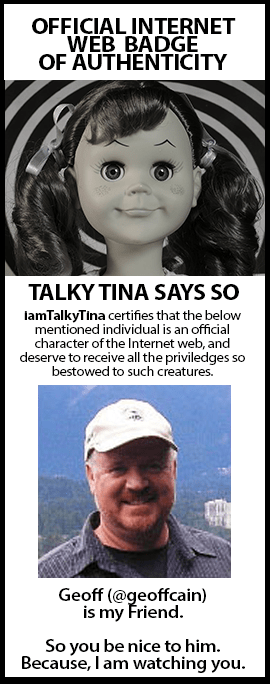Maybe now that Harvard Press is doing it, we can all breathe a sigh of relief that the book isn’t being killed off by the internet. I have a number of posts on this blog addressing the so-called death of the book (cause: etextitis) and about how the internet is making us stupider. I never thought the internet was making us stupider, I think the internet is a repository and facilitator of many things including human stupidity – we never needed the internet to help with that. Every once in a while someone puts something together though that makes at least some sense. There are so many ironies about what Harvard Press has done this last month. HP has an ad in the New York Review of Books for the online version of the Loeb Classical Library: the Digital Loeb Classical Library. The Loeb editions are classical Greek and Latin texts that, at least when I was in college, were in every college library and considered standard (if sometimes outdated and stogy) translations and texts. Some of them I really liked and some I found exasperating (their early puritanical translation of Catullus was hysterical). They have spent some time and money updating them and now they are putting them online. Now I am not promoting the online Loeb Editions as a great idea in itself – it is still way too expensive for that. But according to their add in the New York Review of Books, some of the features we should pay attention to include
- Single- and dual-language reading modes
- Sophisticated Bookmarking and Annotation features
- Tools for sharing Bookmarks and Annotations
- User account and My Loeb content saved in perpetuity
- Greek keyboard
- Intuitive Search and Browse
- Includes every Loeb volume in print
- New volumes uploaded regularly
I think this is really terrific. The pricing model is what you would expect: enough to keep the riff-raff out. The irony is that as excited as I am about this, I, the director of academic technology, am going to keep my modest hard-copy collection from college because I prefer my online texts to be open and accessible. The model that Harvard is using is from an open model of sharing information but not an open model of sharing texts. A lot of what Harvard Press is doing is already happening with services like Diigo and MIT’s NB project.
The open textbook community already has its eye on this as the real meaning of the web – not just connecting us to the information, but connecting us to one another to share, annotate, and create. I don’t applaud putting information and texts behind pay walls but I applaud HPs understanding that the web can be more than a passive consumer pipeline, that it can be a medium for active engagement with texts and one another. But I am looking forward to a day when institutions as richly endowed as Harvard understand the value of open. That would be a real rebirth.





